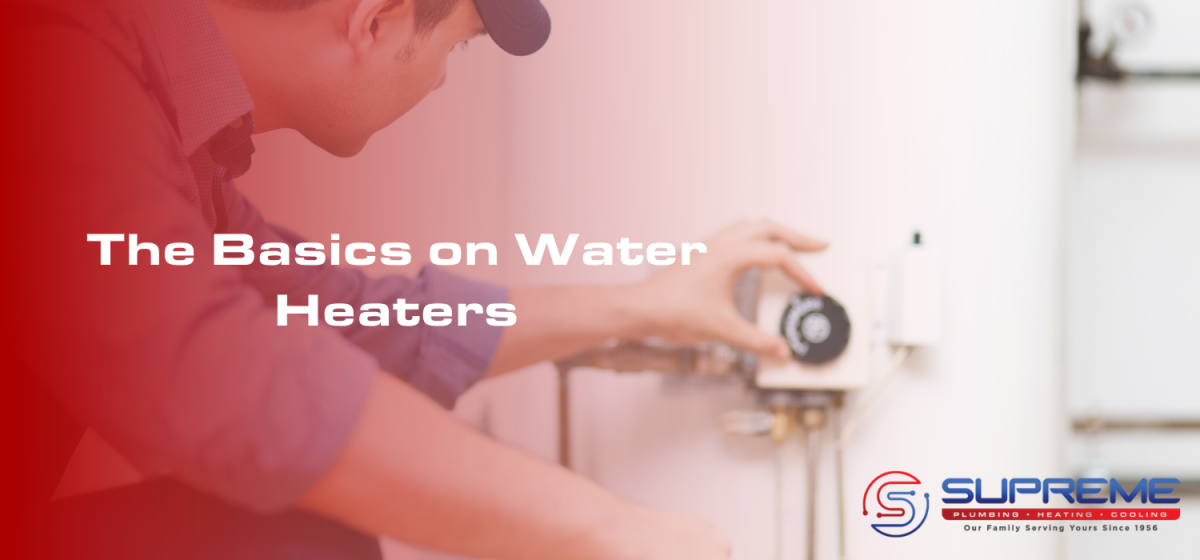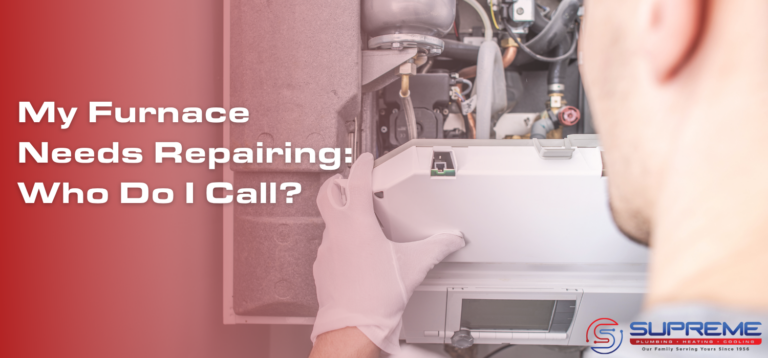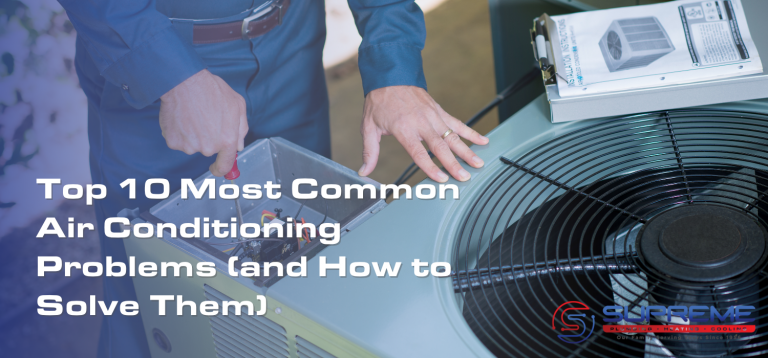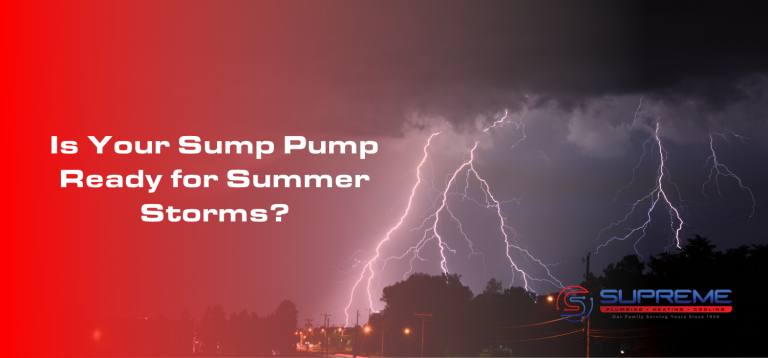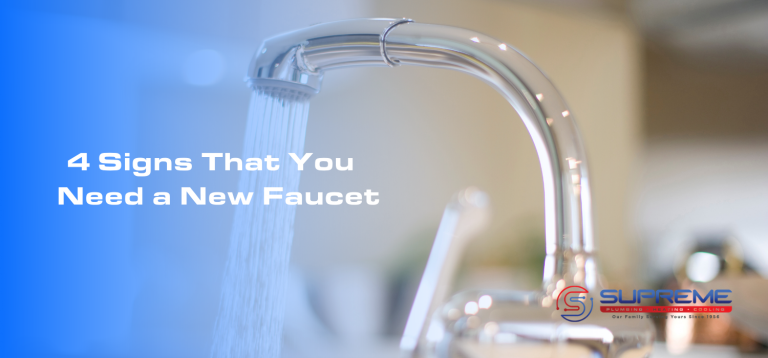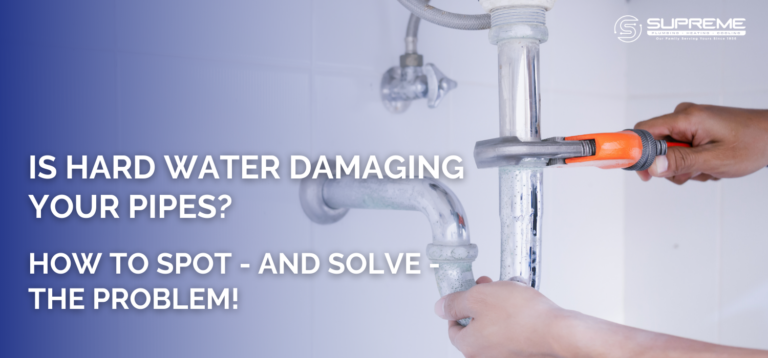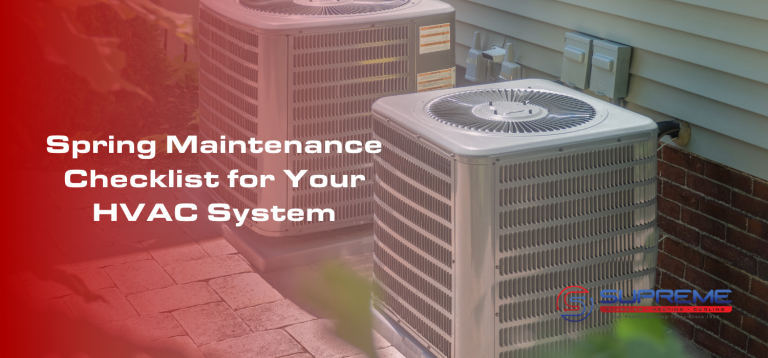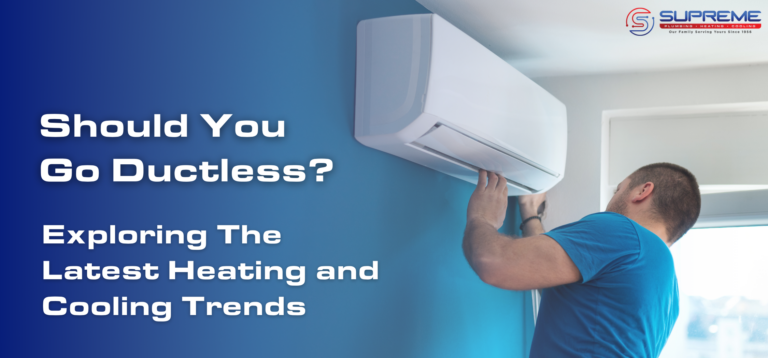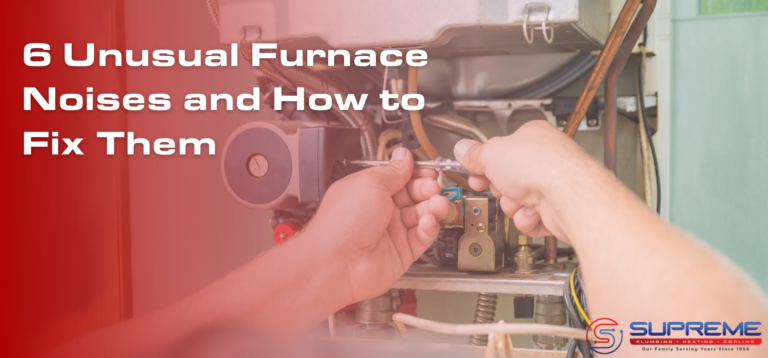Imagine living in a world without hot water. Showers would be freezing cold, dishes and clothes wouldn’t come out clean, and you would have to boil water every time you want hot water. Most people don’t realize how often they use and rely on hot water, until their water heater fails. Below, we provide some basic guidelines on water heaters, so you never have to take a freezing cold shower again.
How Do Water Heaters Work?
Simply put, water heaters have a fuel source in them that heats water. The water is either stored, or moves past the heat source. The heated water then flows to your home’s water fixtures, such as shower faucets and dishwashers.
There are two types of automatic water heaters that currently exist on the market: Storage and Tankless.
Storage Water Heaters
Storage water heaters work differently, depending on whether their fuel source is gas or electricity.
Gas-Powered
Natural gas, oil-fired, and propane tank water heaters use their fuel to run a burner. This ignites when the heater’s thermostat indicates that the water inside has fallen below the set temperature.
Typically, a water heater’s temperature is set between 110°- 140°F.
Cold water enters from the top of the tank and goes through a dip tube to reach the bottom of the tank, where the burner heats it. As the water is heated, it begins to rise toward the top of the tank again, until it reaches the hot water outlet.
Then, the water exits the heater to travel to the fixture (sink, shower faucet, dishwasher).
Electric-Powered
With electric water heaters, the current runs through a circuit and passes two heating elements powered by a thermostat. This thermostat senses when the water has fallen below the set temperature.
Think of an electric coffee maker. You put water into a coffee maker and once you click “brew”, electrical energy is converted into heat energy and transfers into the stored water. It’s the same idea when thinking of an electric water heater!
Need to replace your storage water heater? Contact us today, we’re here to help!
Tankless Water Heaters
Unlike storage water heaters, tankless water heaters (also known as “on-demand water heaters”) do not store hot water. Instead, they use a heat exchanger to heat the water.
When you open a hot water tap, cold water enters the heater. At this point, a flow sensor detects incoming water. Then, a circuit board activates a gas or electric powered heat exchanger, heating the cold water passing through.
As long as the tap is turned on, a tankless water heater will continue heating water. Once the flow sensor detects the tap has closed, the unit will stop heating.
Need to replace your tankless water heater? Contact us today, we’re here to help.
Which Water Heater is Right for You?
While both storage and tankless water heaters have their advantages and disadvantages, it’s all about choosing the right water heater for your home.
This is where we come in. Supreme PHC offers a wide variety of water heaters from tankless, to gas-powered, to energy efficient - just to name a few. Learn more about the brands we carry and give a call when you’re ready to learn more!

